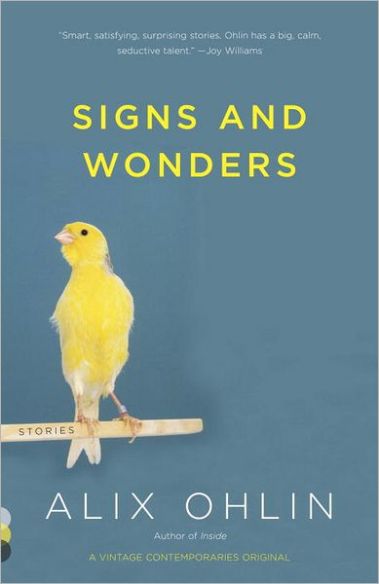
I finished reading Awakening from the Daydream: Reimagining the Buddha’s Wheel of Life. It was a great read and made me reflect on recurring themes in my life.
Karmas can last for seconds, minutes, hours, days, weeks, months, years, decades, or lifetimes. I thought about this after I reflected on a conversation I had with my father a few years back. He mentioned that his goal in life was to have 2 children. His father, an his father’s father, had raised more than 5 children each in El Salvador. Poor and rural, this meant that the children seldom received adequate food, clothing, or education. This had a huge impact on my father, as he internalized the strain placed on the family from being under resourced. Having 2 children was his way of breaking the cycle or karma (his words exactly).
When I was a teenager I remember asking him why we didn’t have a lot of the things other families had, since I grew up poor as well. My father would simply say that he was trying his best and that I shouldn’t compare myself to people who have everything handed to them (his words exactly).
Later in life, I started to realize that maybe he hadn’t tried his best and that (to no fault of his own) he was genuinely bad at managing money. That’s when it hit me. My family has a history of not being financially secure. Maybe that’s my cycle to break. I’ve wanted to be affluent for a long time now, and feel that I’m on the right path to connecting those dots. In understanding karmas and cycles, I’m now seeing this as less to do with material wealth and more to do with a subconscious drive to alter my family’s future for stability.



